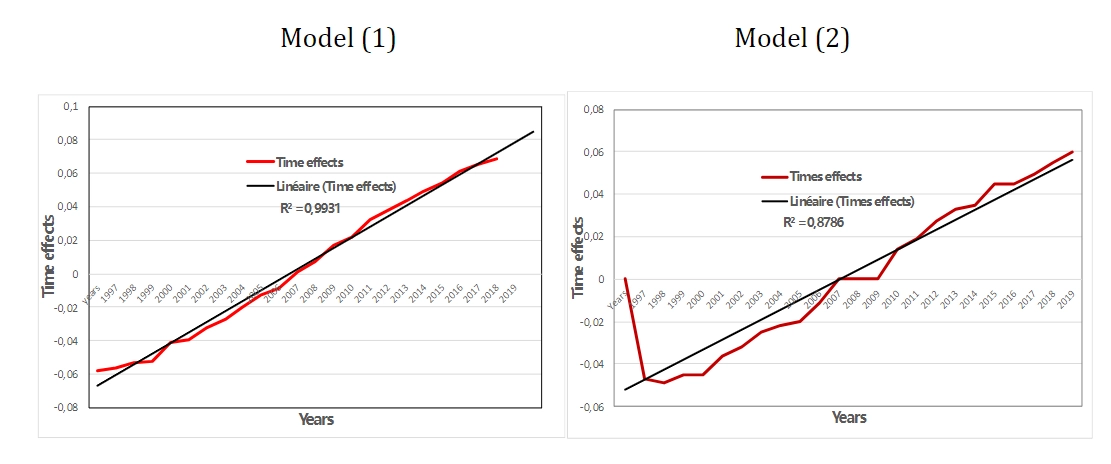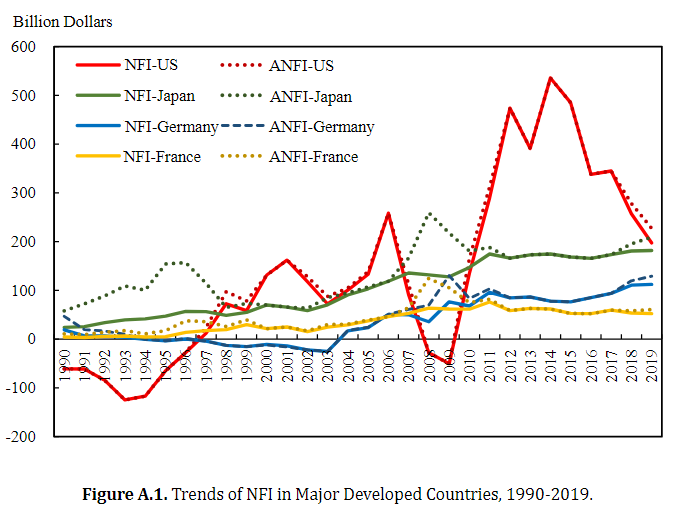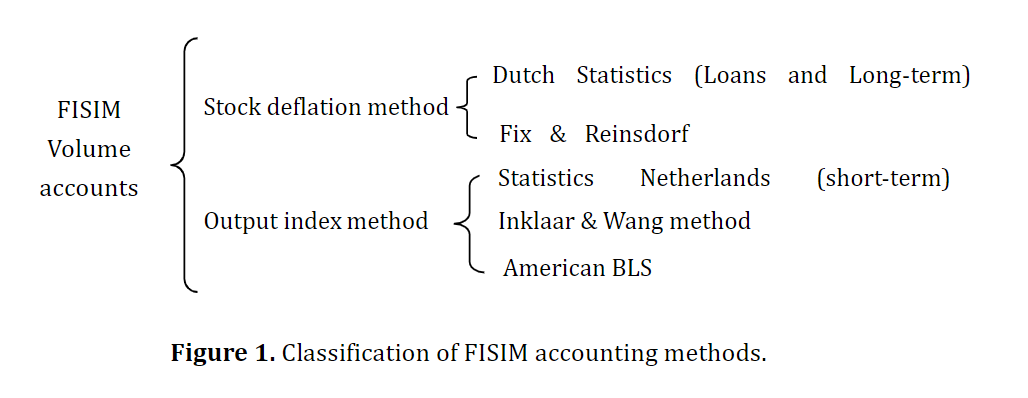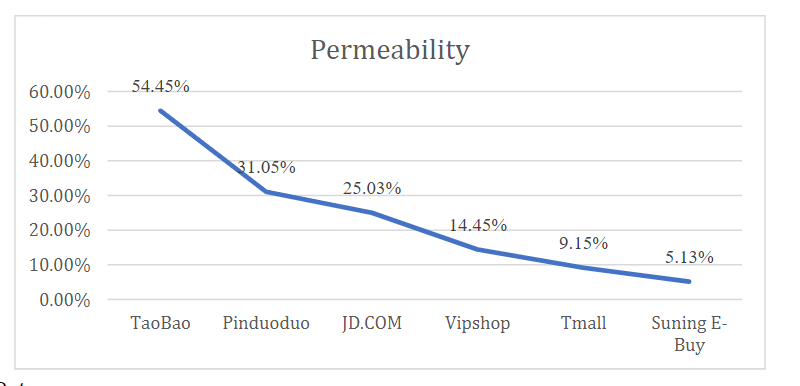Gross Domestic Products (GDP) is not a Proper Indicator of Measurement and Economic Power Comparison for Emerging Economies: A Judgement from International Distributions of Net Factor Income from Abroad
Abstract
Global distributions of net factor income from abroad (NFI) during 1990-2019 have witnessed that (1) the United States is the top one country accounting for 40% of surpluses of the global total, while a surge in China’s deficit with its GDP increase; (2) GDP growth in emerging economies has a price scissors with NFI deficits; (3) asymmetric NFI has covered up the severity of rich countries’ global arbitrages especially from emerging economies; (4) China’s economic power is exaggerated by the PPP-based GDP implemented by the World Bank. It concludes that (1) developing countries have paid for huge hidden cost for their emergence; (2) the statement of the United States suffering losses absolutely does not hold; (3) GDP is not a universal tool for measuring what matters. It suggests that (1) emerging economies countries should beware of the potential misleading of GDP on economic measurement and economic power comparison ; (2) GDP should be critiqued from the applicability perspective of economies’ types; (3) it is urgent to clarify some misjudgment and misleading concepts in the economic affairs surrounding the global value chain patterns; (4) the construction of national governance capacity in emerging economies should focus on “social infrastructure”, of which one of the important parts is an effective economic statistics system; (5) emerging economies should carry out the strategic layout of international economic statistics talents to enhance their soft powers.
Cite This Paper
Qiu, D., & Wang, Y. (2023). Gross Domestic Products (GDP) is not a Proper Indicator of Measurement and Economic Power Comparison for Emerging Economies: A Judgement from International Distributions of Net Factor Income from Abroad. Journal of Economic Statistics, 1(1), 1. doi:10.58567/jes01010001
Qiu, D.; Wang, Y. Gross Domestic Products (GDP) is not a Proper Indicator of Measurement and Economic Power Comparison for Emerging Economies: A Judgement from International Distributions of Net Factor Income from Abroad. Journal of Economic Statistics, 2023, 1, 1. doi:10.58567/jes01010001
Qiu D, Wang Y. Gross Domestic Products (GDP) is not a Proper Indicator of Measurement and Economic Power Comparison for Emerging Economies: A Judgement from International Distributions of Net Factor Income from Abroad. Journal of Economic Statistics; 2023, 1(1):1. doi:10.58567/jes01010001
Qiu, Dong; Wang, Yafei 2023. "Gross Domestic Products (GDP) is not a Proper Indicator of Measurement and Economic Power Comparison for Emerging Economies: A Judgement from International Distributions of Net Factor Income from Abroad" Journal of Economic Statistics 1, no.1:1. doi:10.58567/jes01010001
Show Figures
Share and Cite
Article Metrics
References
- Berndt, E. R., J. E. Triplett, I. Conference on Research in, and C. Wealth. 50th Anniversary. (1990). Fifty Years of Economic Measurement: the Jubilee of the Conference on Research in Income and Wealth. Chicago: University of Chicago Press.
- Carson, C. S. (1975). The History of the United States National Income and Product Accounts: The Development of an Analytical Tool. Review of Income and Wealth 21 (2):153-181.
- Jorgenson, D. W., J. S. Landefeld, and P. Schreyer. (2014). Measuring Economic Sustainability and Progress. edited by N. B. o. E. Research. 72 vols. Chicago: University of Chicago Press.
- Qiu, D. and D. Li. (2019). Logical Mining of Economic Measurement: Difficulities and Principles, Criticism Series of Contemporary Economic Statistics. Salt Lake City: American Academic Press.
- Qiu, D. and Y. F. Wang. (2020). A Public Product Perspective of China's National Acounts Evolution: Mode Selection, Knowledge Production and System Construction. Journal of Statistics and Information 35 (01):3-13.
- Shi, D. and J. Yu. (2021). Reconstruction of Global Value Chain and Strategic Differentiation of Multinational Corporations: A Discussion based on Globalization Diversion. Business and Management Journal:1-18.
- Smith, J. (2012). The GDP Illusion: Value Added versus Value Capture. Monthly Review 64 (3):97-113.
- Stiglitz, J. E., A. Sen, and J.-P. Fitoussi. (2009). Report by the Commission on the Measurement of Economic and Social Progress. Paris.
- Stiglitz, J. E., J.-P. Fitoussi, and M. Durand. (2018a). Beyond GDP: Measuring What Counts for Economic and Social Performance. Paris: OECD Publishing.
- Stiglitz, J. E., J.-P. Fitoussi, and M. Durand. (2018b). For Good Measure: Advancing Research on Well-being Metrics Beyond GDP. Paris: OECD Publishing.
- United Nations, European Commission, Organisation for Economie Cooperation and Development, International Monetary Fund and World Bank. (2012). System of National Accounts 2008 (Chinese version). Beijing: China Statistics Press.



